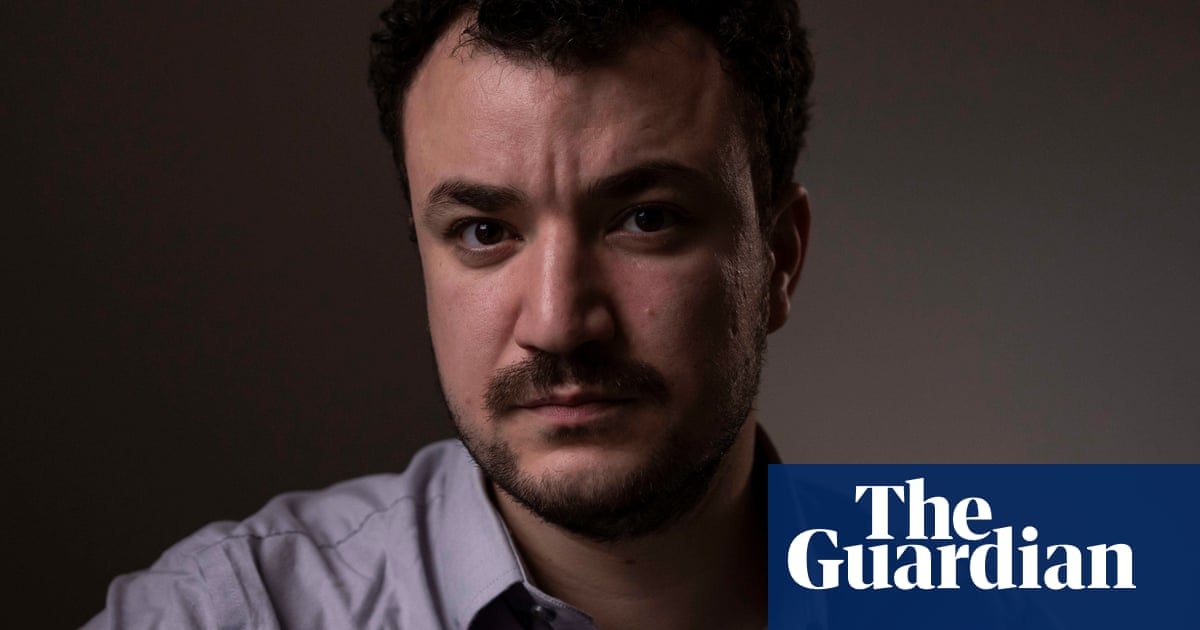Mahmoud Khalil: A Fight for Justice Amidst Controversy
In a notable development, lawyers representing Mahmoud Khalil, a Columbia University graduate and Palestinian activist, have filed a claim for $20 million in damages against the Trump administration. This legal action arises from allegations that Khalil was falsely imprisoned, maliciously prosecuted, and unfairly labeled an antisemite due to his vocal stance on pro-Palestinian issues and his prominent role in campus protests. The claim serves as a precursor to a lawsuit under the Federal Tort Claims Act and specifically targets significant government entities, including the Department of Homeland Security, U.S. Immigration and Customs Enforcement (ICE), and the State Department.
Detention and Release
Khalil, who is now 30 years old, spent over three months in U.S. immigration detention, a situation that has drawn significant attention due to its political implications. His detention came amid rising tensions regarding U.S. immigration policies under the Trump administration, particularly relating to activists involved in discussions about Israel and Palestine. Last month, Khalil was released, marking a pivotal moment for him and igniting debates about civil liberties for activists on college campuses.
Upon his release, Khalil expressed a mix of relief and frustration, stating, “Although justice prevailed, it’s very long overdue, and this shouldn’t have taken three months.” He took a moment to acknowledge the plight of others still in detention: “I leave some incredible men behind me, over 1,000 people behind me, in a place where they shouldn’t have been.” His words reflect a broader concern about the treatment of activists and the conditions faced by detainees in U.S. immigration facilities.
Allegations from the Trump Administration
The case against the Trump administration doesn’t merely revolve around the claim for damages; it also seeks to address the allegations made by the government. In its defense for Khalil’s prolonged detention, the administration suggested that his organizing activities posed a national security threat. Khalil, however, vehemently rejects this characterization. In a statement to the Guardian, he emphasized, “Trump and his administration chose the wrong person for this. That doesn’t mean there is a right person for this. There is no right person who should be detained for actually protesting a genocide.” His words underline his belief in the righteousness of his cause and the unjust nature of his treatment.
Personal Impact and Family Reunion
Throughout his challenging experience, Khalil maintained a focus on family. He expressed eagerness to reunite with his infant son, born during his incarceration. “I can actually hug him,” he said, encapsulating the emotional toll that his detention imposed not only on him but also on his family. This moment of reunification is particularly poignant, as it highlights the personal sacrifices made by those involved in activism, while also accentuating the human aspect often lost in legal and political discussions.
A Broader Context of Activism
Khalil’s case is emblematic of a larger trend concerning government treatment of activists, especially those whose viewpoints challenge established narratives regarding U.S. foreign policy. His prominence as a representative of student activism against Israel’s actions in Gaza raises questions about the extent to which government authorities will go to suppress dissent. The legal battle ahead will likely draw attention to these critical issues, spurring discussions about free speech and protest rights in the United States.
As the national dialogue continues to evolve regarding civil liberties, social justice, and the role of activism in democracy, Khalil’s case will serve as a significant touchstone in understanding the balance—or imbalance—between perceived national security and personal freedoms.


